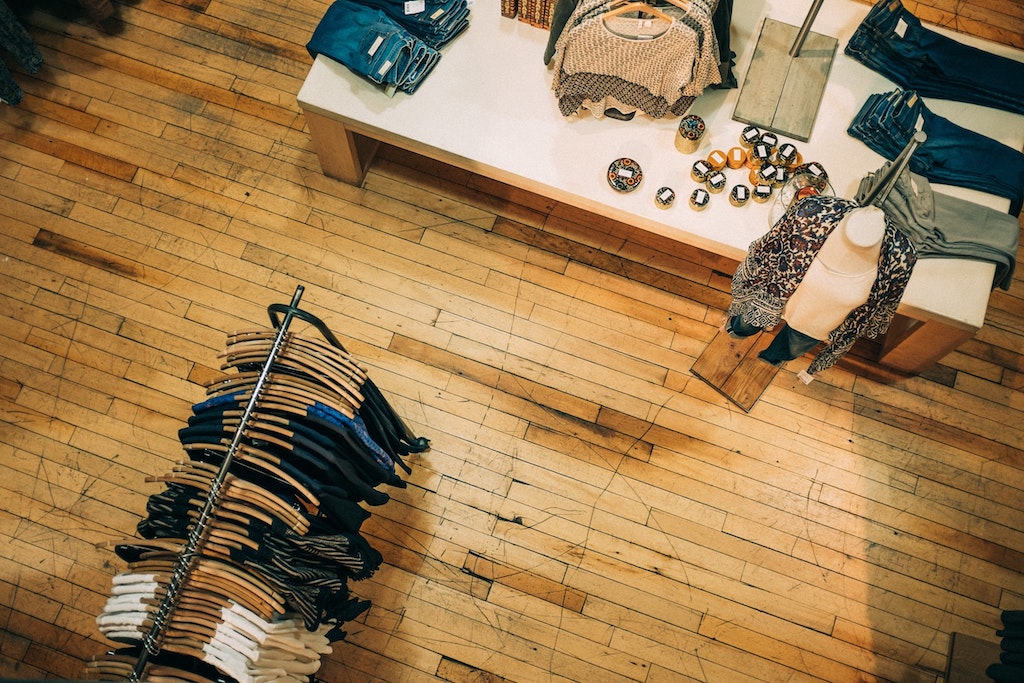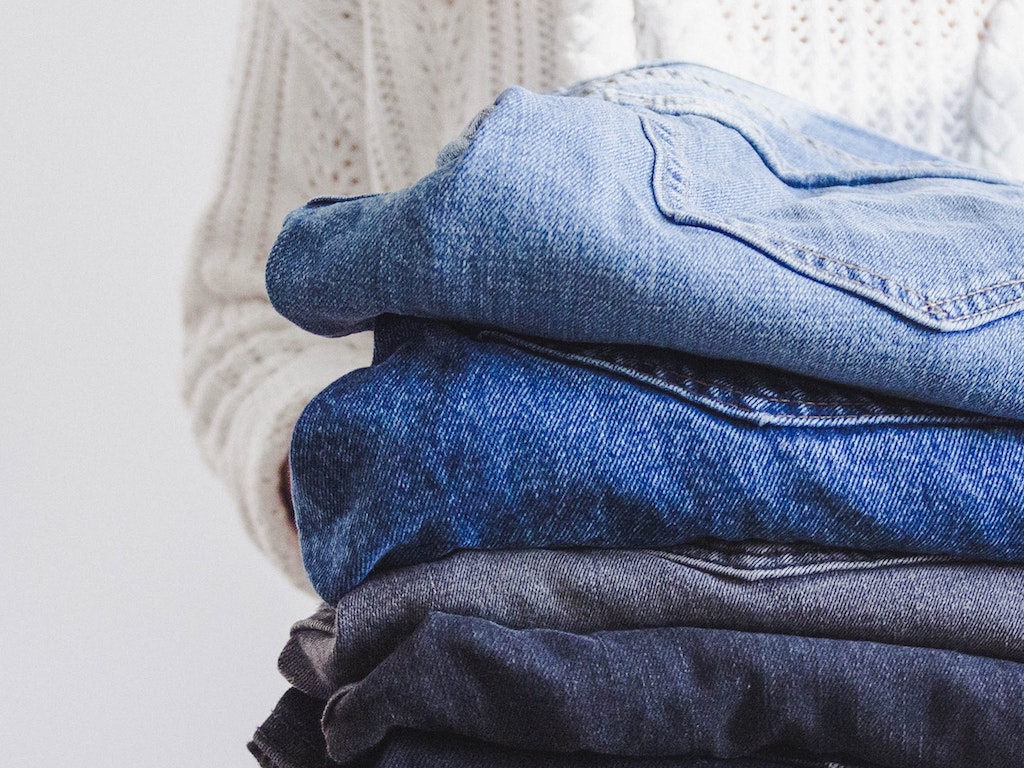3 Mins Read
One study compares resale approaches to fashion to figure out which is most profitable for both business and the environment.
There are several approaches to resale fashion, but one study has figured out whether brands are simply greenwashing using certain resale models, or actually helping to alleviate fashion waste. According to a new study, apparel resale strategies like trade-in for discounts tend to be better for both business and the planet when it comes to durable goods.
Related: Fashion is using ‘circularity’ to hide their recycling lies, new film reveals

Resale fashion strategies
The study, which will soon be published in the journal Production and Operations Management, analysed two different strategies in resale fashion. The first is the trade-in model, where customers bring their old clothing in return for a discount on new items, and the second is a peer-to-peer marketplace where companies take a commission when customers sell and ship their preloved goods directly through the brand’s website.
While Patagonia uses the former model and resells the collected take-back clothing to other customers, H&M has adopted the second for its subsidiary brand COS, where customers are able to engage in the resale marketplace through its online platform.
Using game theory and product life cycle assessments, the researchers found that the trade-in model was the “win-win for the planet and profit with highly durable products”. Companies are able to set higher prices for high-quality products, increasing sales revenue that way, while also ensuring their products are reused for a longer period of time by the customer.
Read: 5 signs fashion greenwashing is going to have to stop
Making sustainability profitable for brands

Sharing more about the study, lead author Aditya Vedantam, PhD. of the University at Buffalo School of Management in New York said: “With this research, we wanted to help companies align their business and climate goals.”
“Apparel companies once viewed used products as competition to their newest styles, but today many brands are looking for ways to resell preowned clothing and capture these customers,” Vedantam continued. “With the trend toward a circular economy, retailers need to adopt a resale strategy that will maximize profits and minimize their climate impact.”
While the trade-in model was touted as a “win-win” for the environment and businesses that make durable fashion pieces, the study also found that the P2P approach was only better if trading in low-quality items.
This is because the majority of the carbon footprint of low-quality fast fashion comes from the production process, and therefore, getting people to trade directly on a P2P marketplace to get a few more uses in before disposal would be a “smart move for brands like H&M”.
“Our findings provide a road map for brands to evaluate their resale business — and for consumers to verify the claims they make,” shared Vedantam, who hopes that the results can help consumers better detect greenwashing from brands, even when they adopt circular models.
Circular fashion has become increasingly popular with consumers looking to shop sustainably, with the resale clothing market in the US alone set to hit $77 billion by 2026, according to a report by consignment platform thredUP.
All images courtesy of Unsplash.



